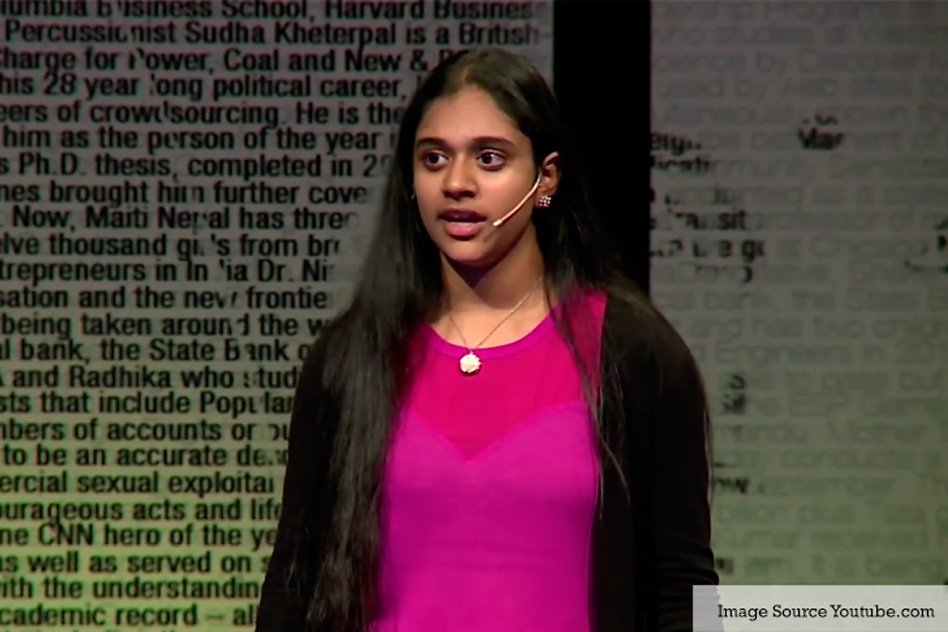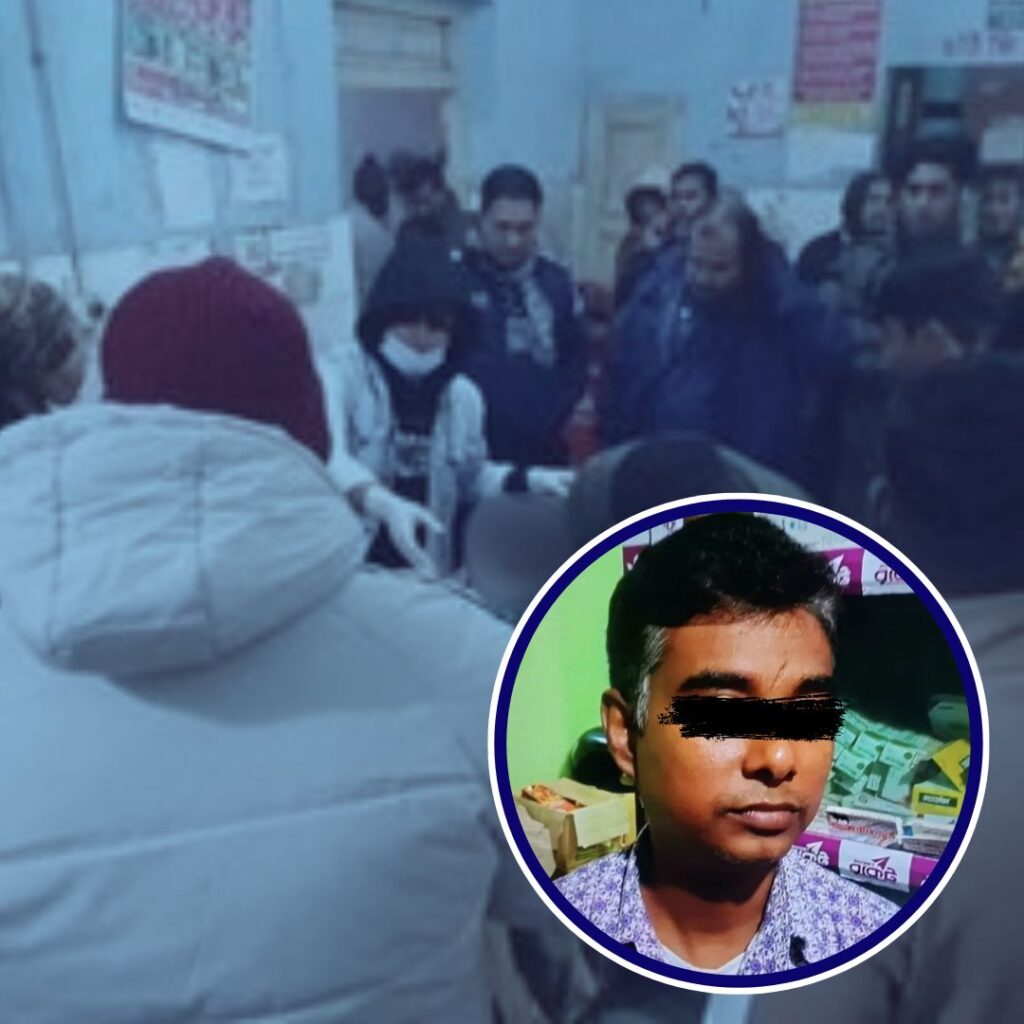Image Source: YouTube
Often coming across hurtful words over social media has become a routine. Seeing some giving it back, some reporting and some just staying silent. We forget words can hurt like knives twisting in the stomach. Again and again before a drastic step is taken.
Angered by the suicide of an 11-year-old cyberbullying victim she’d never met—and the sting of electronic insults she’d received, Trisha Prabhu decided to try to stop the abuse at its source. The 15-year-old’s invention, ReThink, a computer software program that urges potential bullies to think twice about their actions, has the potential to curb the harassment that affects millions of young people each year.
The add-on program has text-recognition capability, and whenever it detects an offensive phrase, including ones recognized by the Cyberbullying Research Center, it displays a pop-up window asking the user to reconsider. Prabhu says she tested the theory and found that a simple message received from a computer or cell phone a moment before firing off a nasty comment discourage teens from hitting “send” 93 percent of the time.
Prabhu, a precocious scientist, has taken her program and her findings on a journey from her suburban Chicago high school to the White House and to the brink of teenage science stardom. She’s also using her spotlight to educate others about cyberbullying. In late July she appeared on a panel about the topic at the Military Child Education Coalition conference in Washington, D.C.
The science behind Prabhu’s idea is simple: Teens are impulsive and, because of their brain structure, more likely to post hurtful messages without pausing to think about the consequences.
“For me, it really started in the fall of 2013,” said Prabhu, after she noticed “this horrible article about this young girl who’s 11 who jumps off her town’s water tower to her death, all because she’d been cyberbullied.” After she finished the article, Prabhu wondered, “Why aren’t there more effective ways to stop this silent pandemic from spreading? Why aren’t there proactive solutions, and why is [cyberbullying] becoming socially acceptable?”
– Tanisha Fagwani












